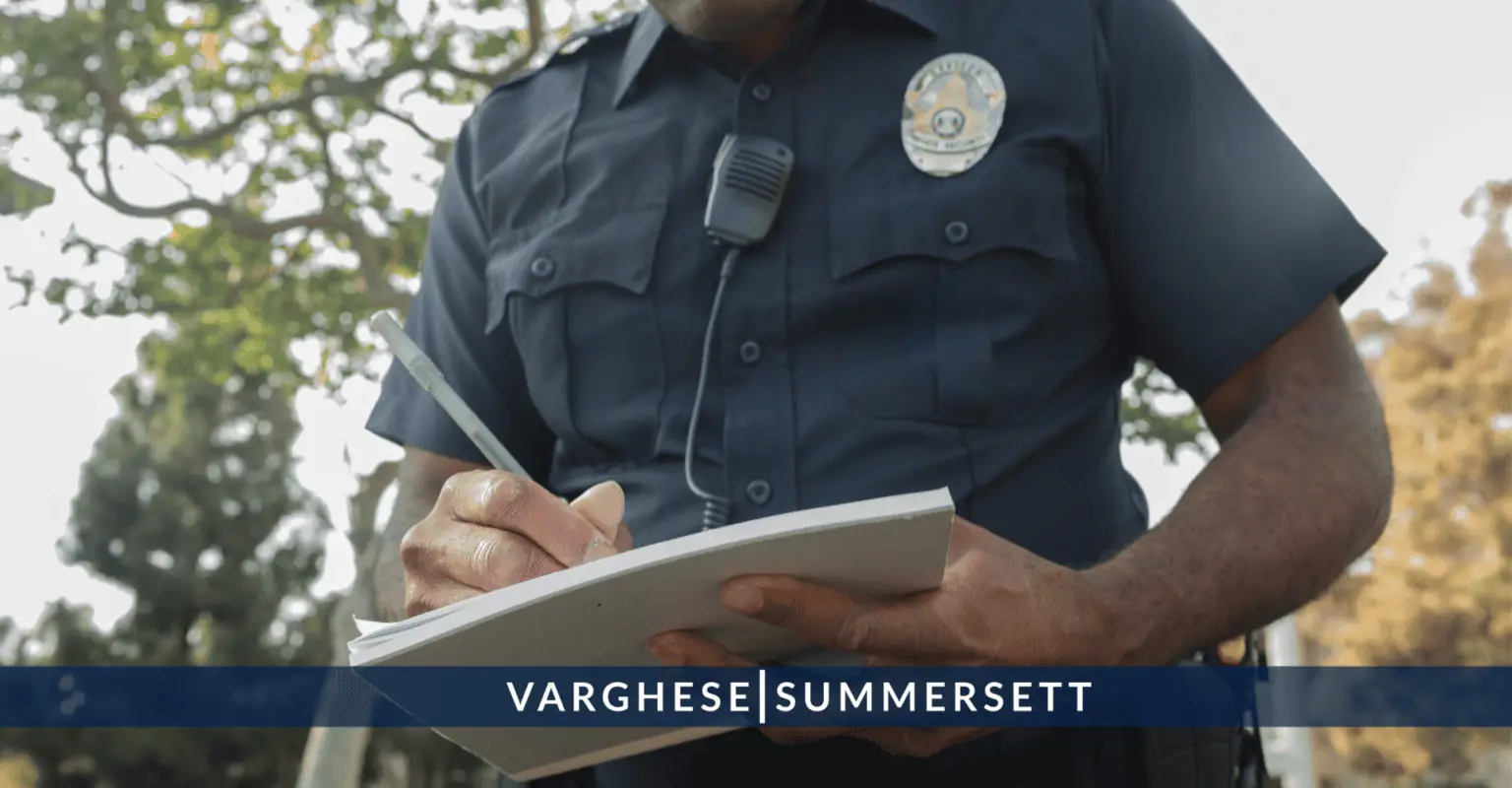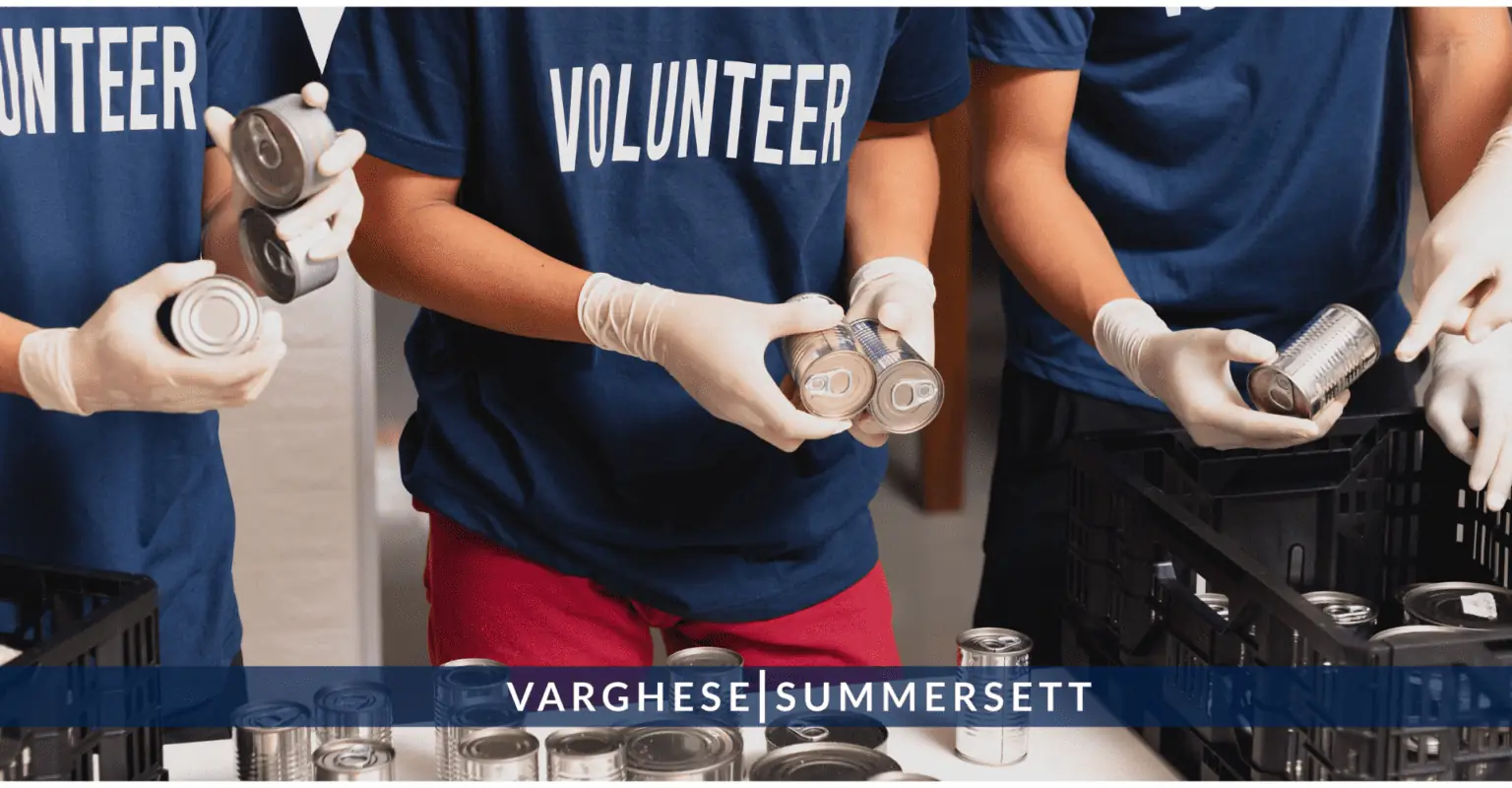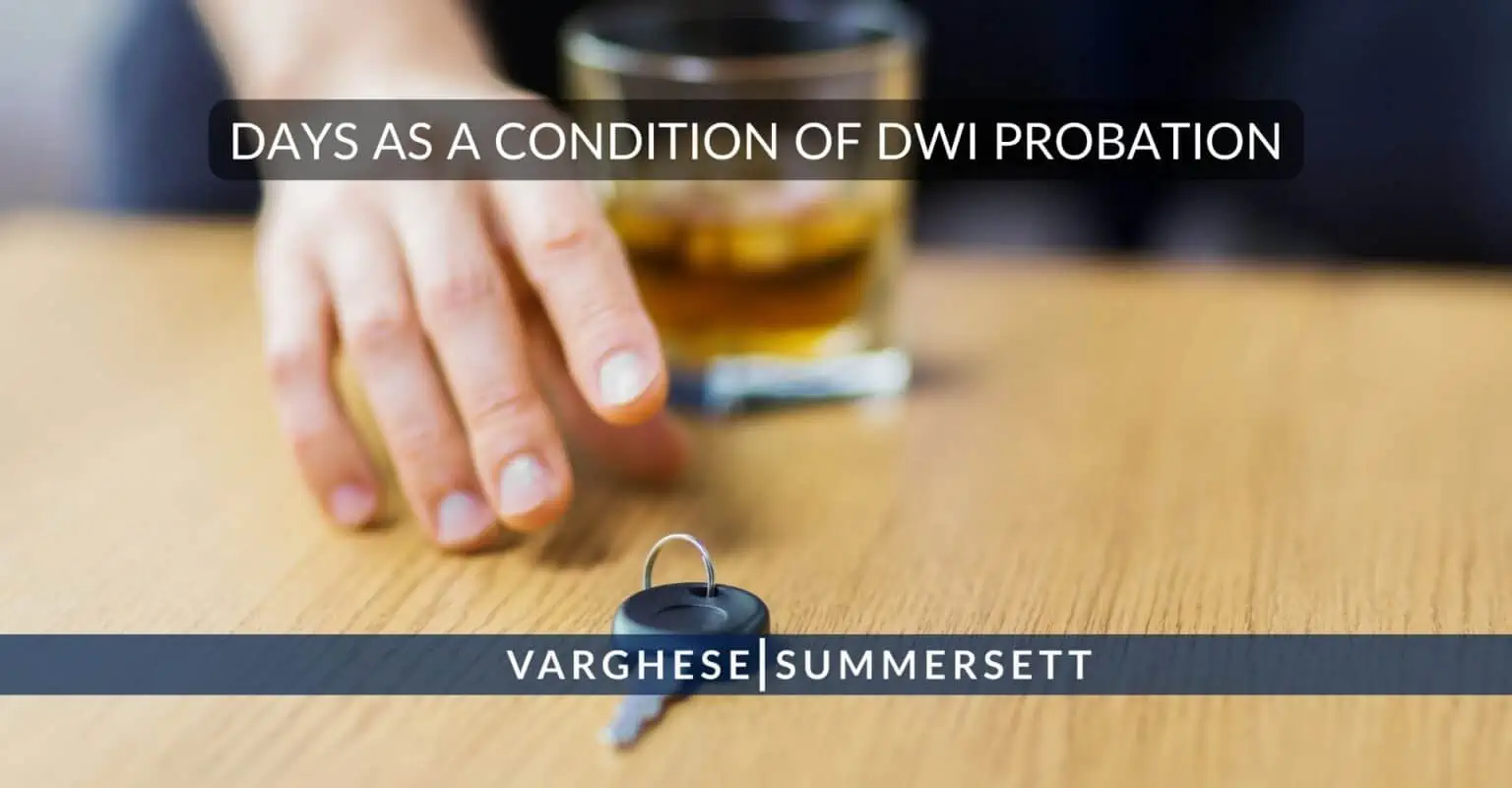
5 Best Ways to Beat Dallas Assault Charges
How do you beat Dallas assault charges?
All is not lost if you face a first-time assault charge in Dallas. You have options, but you need to act fast.
This post will look at the five best ways to beat Dallas assault charges, the penalties for a conviction, and the different types of assault.
The 5 Best Ways to Beat Dallas Assault Charges
1. Leverage specifics in domestic assault cases

Family and domestic violence assault cases have different rules than almost any other type of assault case. Texas has the “nature of the relationship” rule. It means both sides can enter evidence regarding the nature of the relationship that could help the jury better understand whether or not an assault occurred. For example, if the alleged victim has been the aggressor, instigator, or abuser in the past, those details could be relevant to the current case.
Typically, these cases don’t reach a jury trial, allowing a defense attorney to leverage this history during negotiations with prosecutors. Also, officers make arrests based on probable cause, not proof beyond a reasonable doubt. When officers arrive on the scene of an alleged assault, their main objective is to preserve the peace and protect public safety. They often issue an arrest to diffuse a situation and leave it to the prosecutors to determine whether to press charges. Good officers and prosecutors can make incorrect assumptions.
2. Alleged victims who no longer wish to press charges

In many domestic disputes, the alleged victim often regrets the accusation and wishes not to prosecute. An adept defense attorney will understand how to use this for their client. An affidavit of non-prosecution is a document filed by the alleged victim telling the court they no longer want to prosecute and will not hold the district attorney’s office responsible for dropping the charges.
In some instances, the affidavit includes the alleged victim recanting or denying the offense happened. In most major Texas counties, this isn’t enough to get a case dismissed. Prosecutors are often skeptical of affidavits of non-prosecution from victims. Prosecutors will question their motives, be it love, financial dependence, or reconciliation. Prosecutors won’t dismiss a case for these reasons.
Knowledgeable attorneys, however, will use the best ways to beat Dallas assault charges by creating a record of the information to help leverage their client’s defense during negotiations with the prosecution and in the event of a trial. It’s important to remember that prosecutors decide when and if a case is dismissed, not the alleged victim. It’s not unheard of to have a case go to trial without the support of the alleged victim.
3. Mitigation

A mitigation packet helps establish the person accused as something more than a file docket number in the eyes of a prosecutor. The defense attorney gathers information to show the defendant’s redeeming qualities and give the prosecutor potential reasons to dismiss the case or reduce the charge.
Examples of background information include volunteer work, academic achievements, work achievements, and character letters from friends, bosses, and family. Any aspect of your life that sets you apart from the other cases piled up on the prosecutor’s desk can help mitigate your circumstances and provide leverage to a defense. Often, the best ways to beat Dallas assault charges is to sway a prosecutor to pass on borderline cases.
4. Thoroughly explain the facts to your attorney

It’s wise to be completely thorough when describing the facts of your case to your attorney, and complete transparency will give them the best opportunity to defend you appropriately. A skilled attorney is looking for affirmative defenses such as self-defense, defense of a third party, or, perhaps, a defense of property.
Other potential factors could help the attorney build a defense. Such factors include the presence of alcohol or drugs, the mental state of the alleged victim, or whether the alleged victim has previously made a similar accusation or has any credibility issues.
5. Patience is your friend

A good defense team will outwork the prosecutors with every available resource and use the best ways to beat a Dallas assault charge. That includes the time to investigate a case, talk to witnesses, and develop background information.
Most prosecutors don’t have the time to devote to each case. Persistence and patience can often lead to dismissed cases. If the case goes to trial, the months of work will ensure the defense is prepared to fight the charge. By being patient, clients have a better chance of getting the best possible outcome.
There are many specific defenses against an assault charge, depending on the circumstances. The best ways to beat Dallas assault charges, whether it’s self-defense, an issue of consent, a lack of corroboration, or a mistake of fact, will require a thorough defense attorney. A combination of defense strategies could be used, depending on the facts of your case.
If you’re facing this type of charge, you need an experienced Dallas defense attorney on your side. There are multiple ways to fight an assault charge, and a skillful lawyer will explore the details of your case to find the best possible defense.
If you’re facing assault charges, it’s important not to speak with law enforcement without an attorney. Your first move should be to contact the Dallas defense team at Varghese Summersett. We have a reputation as one of the best assault defense firms in North Texas – and for a good reason, we have unmatched results defending these cases.
We will identify the best course of action in your case, raise affirmative defenses, and work to leverage them toward reduced charges or dismissal. Please take a moment to watch this video by Board Certified Criminal Defense Attorney Benson Varghese.
How does Texas define misdemeanor assault?
Assault is one of the most common offenses in North Texas. Texas Penal Code Section 22.01 says a person commits misdemeanor assault if one of the following occurs:
- Intentionally, knowingly or recklessly causing bodily injury to a person, including a spouse or household member
- Intentionally or knowingly threatening another with imminent bodily injury; or
- Intentionally or knowingly causing physical contact with another person that is provocative or offensive
What are the different types of assault charges in Dallas?
An assault charge is not always about one person punching another person. The best ways to beat Dallas assault charges could change depending on the type of assault. Here’s a look at the different kinds of assault in Dallas.
- Assault by contact: This is an allegation of offensive touching, is a Class C misdemeanor, and is punishable by up to a $500 fine. If you pay the fine, that will be a permanent conviction on your record.
- Assault causing bodily injury: This is a Class A misdemeanor and is punishable by up to one year in county jail and up to a $4,000 fine.
- Assault causing bodily injury – family violence: Is sometimes called assault bodily injury – family member. It’s the same offense level as assault bodily injury but includes more collateral consequences, such as being a crime of moral turpitude and having more significant immigration and naturalization consequences.
- Assault by threat: This is an allegation of someone intentionally or knowingly threatening another person verbally or non-verbally, with a threat of imminent bodily injury. It is punishable by up to a $500 fine. Jail isn’t an option, but an assault conviction could remain on your record.

What is the punishment for misdemeanor assault in Texas?
Misdemeanor assault is divided into three classifications in Texas with different levels of punishment.
- Class A misdemeanor: The most serious misdemeanor assault charge carries a maximum of up to a year in jail and a $4,000 fine. This classification includes bodily injury or if physical harm was threatened to a specific type of person, including a child or elderly person.
- Class B misdemeanor: This is punishable by up to 180 days in jail and a $2,000 fine. Class B misdemeanor assault charges are very rare in Texas. It involves threatening a sports participant, including athletes, coaches, or referees, with bodily harm or causing offensive contact.
- Class C misdemeanor: This is punishable by up to a $500 fine, and jail is not an option. This charge includes threatening someone with bodily harm or making offensive contact with someone.
Collateral consequences are likely to follow a misdemeanor assault conviction. A person convicted of assault bodily injury – family violence, for example, forfeits their right to carry a firearm. The best ways to beat Dallas assault charges can help mitigate the collateral consequences.
When is assault a felony and not a misdemeanor in Dallas?
An assault is elevated to a felony from a misdemeanor, depending on the person who was assaulted or the type of alleged assault. Felony assault includes injury to a child, disabled person, elderly person, or a family member. It is also felony assault if the person is a peace officer, judge, or public servant. The charge can also be a felony or aggravated assault if the serious bodily injury was intentional or a deadly weapon was used during the assault.
Facing Dallas assault charges? Call Varghese Summersett.
We hope you found this information on how to beat Dallas assault charges helpful. Some misdemeanor assault cases resolve relatively quickly. Most, however, take more than a year for a resolution. The Varghese Summersett criminal defense team has more than 50 years of combined experience fighting assault charges in North Texas.
We’ll outwork the opposition and comprehensively examine the prosecution’s case looking for weaknesses and implementing the best ways to beat Dallas assault charges. Don’t let your future be compromised with an assault conviction in Dallas. Let Varghese Summersett fight for you. Call for a free consultation with an experienced attorney who will further explain how to beat Dallas assault charges, call us at 214-903-4000.



